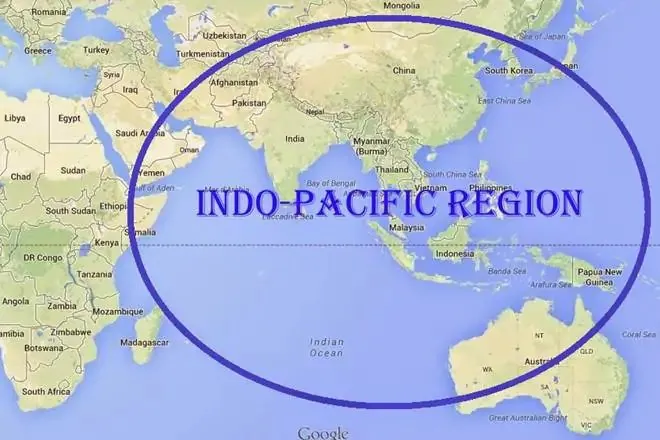
DHAKA, Nov 17, 2024 (BSS) – Describing the Indo-Pacific’s maritime corridors as vital for global trade speakers at the Bay of Bengal Conversation conference have sought collaborative approaches, including ASEAN's maritime security initiatives and the Quad's naval cooperation, to promote stability for safeguarding this economic lifelines.
The Indo-Pacific's maritime corridors are increasingly fraught with security challenges, from territorial disputes to piracy and environmental threats, they said at a plenary session on 'Turbulent Waters: Navigating Maritime Security in a Divided Indo-Pacific'.
They also highlighted security issues, such as tensions in the South China Sea and illegal fishing in the Bay of Bengal.
The second-day session was held today as part of three-day Bay of Bengal Conversation conference that began on November 16 at the hotel Sonargaon here. Today’s session included several symposiums, plenary sessions and conversations.
Centre for Governance Studies (CGS), a non-government think-tank, is organizing the conference.
This year’s Bay of Bengal Conversation is featuring a deep dive into contemporary issues divided into five key thematic pillars of conversation which are Freedom of the Press and the Rising Spread of Misinformation, Green Energy and Climate Change, Global Trade and Economic Issues, the Landscape of Global Conflict and Geopolitics and Human Rights.
Chief Adviser Professor Muhammad Yunus addressed the inaugural session of Bay of Bengal Conversation-2024 on Saturday.
There will be 200 speakers, 300 representatives and 800 guests in 77 sessions at the conference this year.
Three conversations titled 'Money Trails and Broken Promises: Fighting Corruption in Public Service', 'Choking on Progress: Air Quality and Fossil Fuel, Dilemmas in a Growing Indo-Pacific' and 'Supply Chain Disruptions: Navigating Economic Recovery in a Fragile World' were already held today.
Besides, Moussa Mara, former Prime Minister of Mali and member of Club de Madrid gave special address in the conference.
Another plenary session on 'Power Shifts: The Geopolitical Chessboard in a Fragmented World' was taken place today.
In this session the speakers said that the Indo-Pacific is at the center of a global power struggle, with China's growing military presence in the South China Sea raising alarm among neighboring nations.
India, with its expanding influence in the region, is increasingly seen as a counterbalance to China’s dominance, they said.
The Quadrilateral Security Dialogue (Quad) between the U.S., Japan, Australia, and India is a key strategic response to China's assertiveness, they added.
They dissected the shifting power dynamics in the Indo-Pacific, focusing on how nations are responding to China's rise and what it means for regional stability, diplomacy, and global governance.
As part of today's day long programmes, two plenary sessions on 'Breaking the News: Freedom of the Press vs. Weaponised Information' and 'Fortifying Institutions in an Age of Populism ,Strategies for Democratic Resilience and Integrity' were also held.
Later, three symposia on topics titled 'Beyond the Belt and Road: China's Strategic Ambitions and the Future of BRICS', 'Emerging Threats: Hybrid Warfare and the Future of Global Security' and 'The New Global Marketplace: Economic Power, Trade Wars and Cooperation' were also included in today’s programmes.